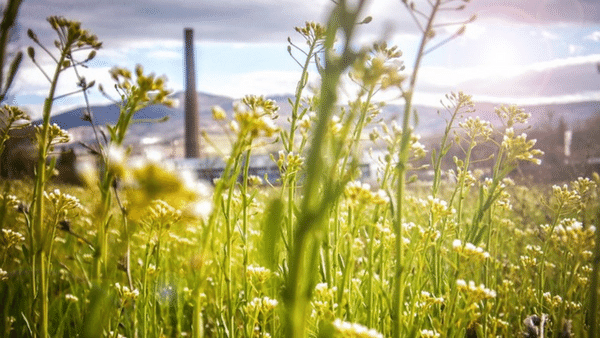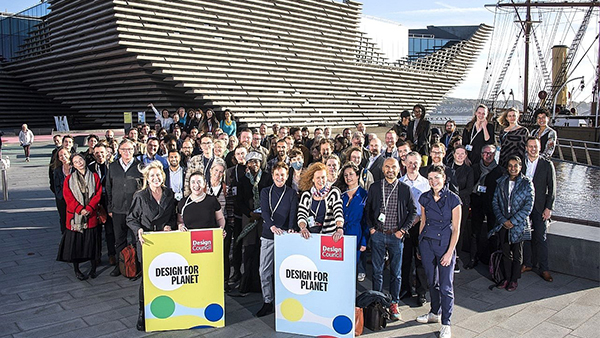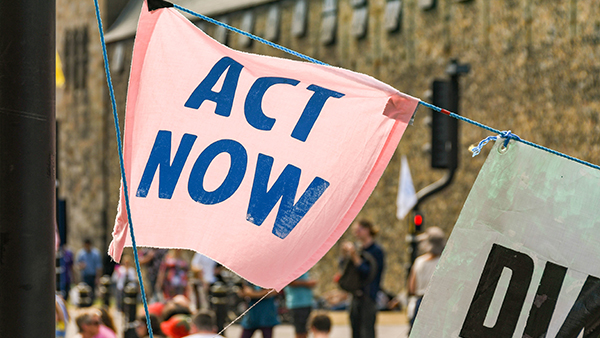The G20 is a real reason for optimism. Not only the scale and range of the communiqué, but the agreement to meet again in the autumn. As I said yesterday, crucial for the future of global governance is the steady thickening of relationships between the political and administrative elites of different nations. The G20 leaders know they will be held to account individually and collectively if yesterday’s impressive words have not started to turn into action by the time they meet again. And, after a few days rest, the ‘sherpas,’ whose job it is to do the pre-negotiation ahead of the summit, will be back at work.
The triumph rightly belongs to Prime Minister Gordon Brown and President Obama (I’m being a bit formal this morning after taking part in a Today programme item about inappropriate use of Christian names). The UK leader for having the determination and energy to drive it through – reflecting both his long standing interest in global governance and justice and his domestic political needs – and the US President for making international co-operation not only sexy but a domestic vote winner for the participants (those who are subject to votes that is).
The hope must be that come the autumn there is clear evidence that we are past the worst of the global recession, enabling world leaders - buoyed by their own collective efficacy - to turn their minds to the even more difficult and more important issue of climate change. All the politicians and advisors I have spoken to recently about prospects for the Copenhagen climate change summit have been pessimistic. Not only are there the usual issues between the already developed and the developing nations (which are currently resurfacing at the UN climate change talks in Bonn), but with energy consumption and oil prices down because of the recession there is also a danger of complacency.
Indeed, for the environmentalists who protested against the G20 and the grossly inadequate response of global leaders to climate change, there is a bitter irony. If the global economy does not pick up, popular enthusiasm for international agreements will fade, climate change will look less important as a threat and action to tackle it unaffordable; the Copenhagen moment will pass and who knows when another opportunity for real concerted action will come.
So, far from rejoicing in the collapse of global capitalism, if you are green you should be praying for a return to growth. In fact, forget recycling, the greenest thing to do right now is to dust off the credit card and get out there shopping.
Related articles
-
Regenerative organisations: the time is now, the place is here
Joanna Choukeir
Regenerative organisations are vital to our regenerative future. The time is now for the RSA to emerge as such an institution.
-
A design revolution for the climate emergency
Joanna Choukeir
Joanna Choukeir on Design for Planet, the global gathering of designers during COP26, and the changes design must make.
-
The public are ready to go further and faster on net zero
Anthony Painter
The public are ahead of policy-makers and, indeed, most of the business world. COP26 is an enormous opportunity to catch up. Global leaders should take it.




Be the first to write a comment
Comments
Please login to post a comment or reply
Don't have an account? Click here to register.